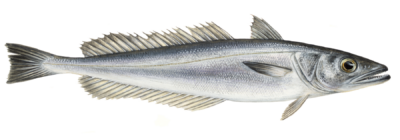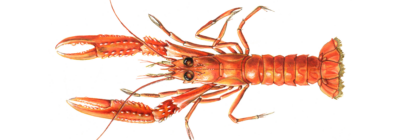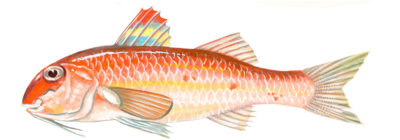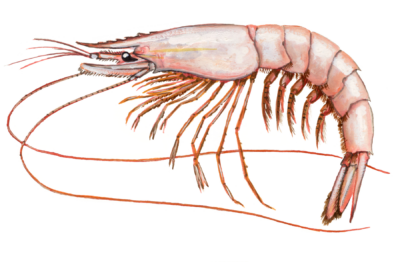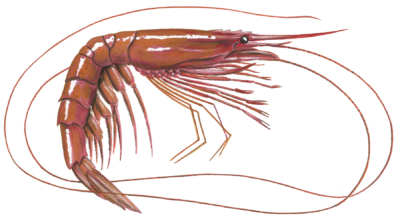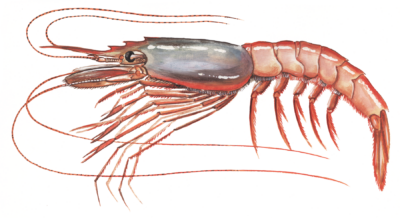Sustainable Fisheries
Rebuilding Western Mediterranean fisheries
SHARE TO SHOW YOUR SUPPORT:
Overview
The Mediterranean Sea is a biodiversity hotspot and yet the second most overfished region in the world. The Western Mediterranean is no exception – populations of European hake and Norway lobster are in a critical state. The Western Mediterranean multiannual plan contributes to the EU’s goal of sustainably exploiting marine life in this sea basin. However, Oceana believes that countries are not implementing it with the urgency required and campaigns for them to do more to recover fish populations and ensure the long-term viability of the fishing sector.
Oceana estimates that 60% of fish populations under the Western Mediterranean multiannual plan are subject to overfishing. All populations of European hake, as well as populations of Norway lobster in Northern Spain, in the Ligurian Sea, and in the Northern Tyrrhenian Sea off Italy, have reached such critically low levels that they may soon be no longer profitable.
To address overfishing in the Western Mediterranean, under the umbrella of the Common Fisheries Policy, the EU adopted in 2019 a multiannual plan for six demersal marine species there (that live on or near the sea bottom). This plan contains clear targets and deadlines for the Member States concerned – France, Italy, and Spain – to fish populations sustainably by 2025 at the latest. More precisely, this means restoring and maintaining them above levels known as the ‘Maximum Sustainable Yield’. The six demersal species concern blue and red shrimp, deep-water rose shrimp, giant red shrimp, red mullet, Norway lobster and European hake.
European hake (Merluccius merluccius) Norway lobster (Nephrops norvegicus) Red Mullet (Mullus barbatus)
Deep-water rose shrimp (Parapenaeus longirostris) Giant red shrimp (Aristaeomorpha foliacea) Blue and red shrimp (Aristeus antennatus)
The six demersal marine species under the Western Mediterranean Multiannual Plan
© Scandinavian Fishing Year
Countries have introduced measures to improve the situation in the region – such as reducing the number of fishing days for bottom trawlers, implementing technical measures to improve gear selectivity and to introduce new closure areas, and adopting catch limits for two shrimp species. However, Oceana assesses that progress in achieving sustainable fishing is slow and insufficient and that countries won’t make the 2025 deadline.
Oceana campaigns for Member States to manage fisheries in the Western Mediterranean sustainably, and for the European Commission to ensure effective enforcement, by reducing fishing effort (fishing days) and setting fishing limits in line with science, and implementing effective technical measures.
In particular, Oceana urges France, Italy and Spain to:
- Adopt emergency measures to recover fish populations in a critical state
- Further reduce fishing days by trawlers in line with scientific advice
- Improve gear selectivity, particularly to reduce catches of juvenile species such as hake
- Expand closure areas to bottom trawling to protect essential fish habitats – crucial grounds for spawning, nursery and feeding
Oceana advocates for sustainable fisheries in the Western Mediterranean, aiming to influence the annual negotiations on the setting of fishing opportunities by Member States in the Autumn.
News & Reports
Press Releases
Blog

April 14, 2025
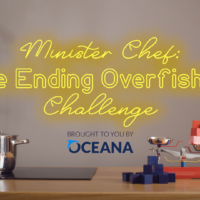
November 29, 2021
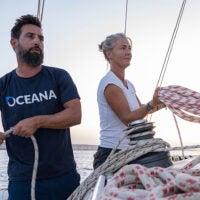
September 16, 2023
Reports
Around the Web

